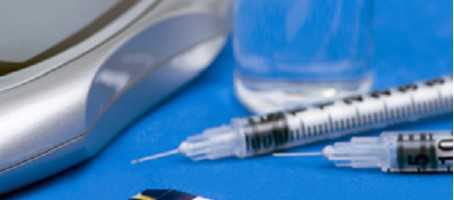Research, by the Children’s Food Campaign, claims that a tax on sugary drinks could significantly reduce cases of type 2 diabetes, heart disease, and bowel cancer, saving the NHS millions of pounds every year.
By adding a 20p tax on every litre of sugary drink, the NHS could save £15 million a year, according to the report.
Such a tax would also dramatically improve public health, it suggests. Over the next 20 years, 50,000 cases of type 2 diabetes could be prevented. Bowel cancer incidence could be reduced by 9,000, and cases of heart disease and stroke reduced by 33,000.
Would a sugary drink tax be effective?
Public health advisors suggest halving the daily recommended amounts of sugar; the evidence that sugar contributes to obesity and type 2 diabetes is constantly growing.
Public Health England examined the ways that Britain could reduce its overall sugar intake. Among other options, the report considered the possibility of introducing a tax on sugary drinks. Their findings were published in a report in June.
Several countries already tax sugary drinks, including France, but it is currently unknown as to whether the measures have been effective. Public Health England’s report promises a “more detailed assessment of emerging evidence around the effectiveness of otherwise of fiscal options to support sugar reduction and dietary health.”
A logical, proportionate and effective measure
Malcolm Clark, co-ordinator of the Children’s Food Campaign, said: “Current taxes on foods are a mess, and don’t support people choosing healthier options.
“A 20p per litre sugary drinks duty would save lives and money across England, and ease the pressure on NHS services locally. It is a logical, proportionate and effective measure.
“Using the revenue to set up a Children’s Health Fund, paying for programmes to improve children’s health and protect the environment they grow up i, would also ensure that this was a progressive measure, benefitting families in poverty and on low incomes.
“Public health directors in north-west England and in Cardiff, as well as the London Health Commissio, have publicly backed a sugary drinks duty. We hope this new research encourages public health directors across England to join their counterparts in calling for the government to introduce a nationwide duty.”
Food and drink manufacturers suggest that a sugar tax would not, in fact, improve public health.
“The overwhelming evidence suggests that ill-health is linked to a range of factors including lifestyle, levels of exercise and overall diet,” said Gavin Parringto, director general of the British Soft Drink Association.
“A tax on soft drinks would adversely impact the poorest in society while doing nothing to curb obesity.”
What's new on the forum? ⭐️
Get our free newsletters
Stay up to date with the latest news, research and breakthroughs.




